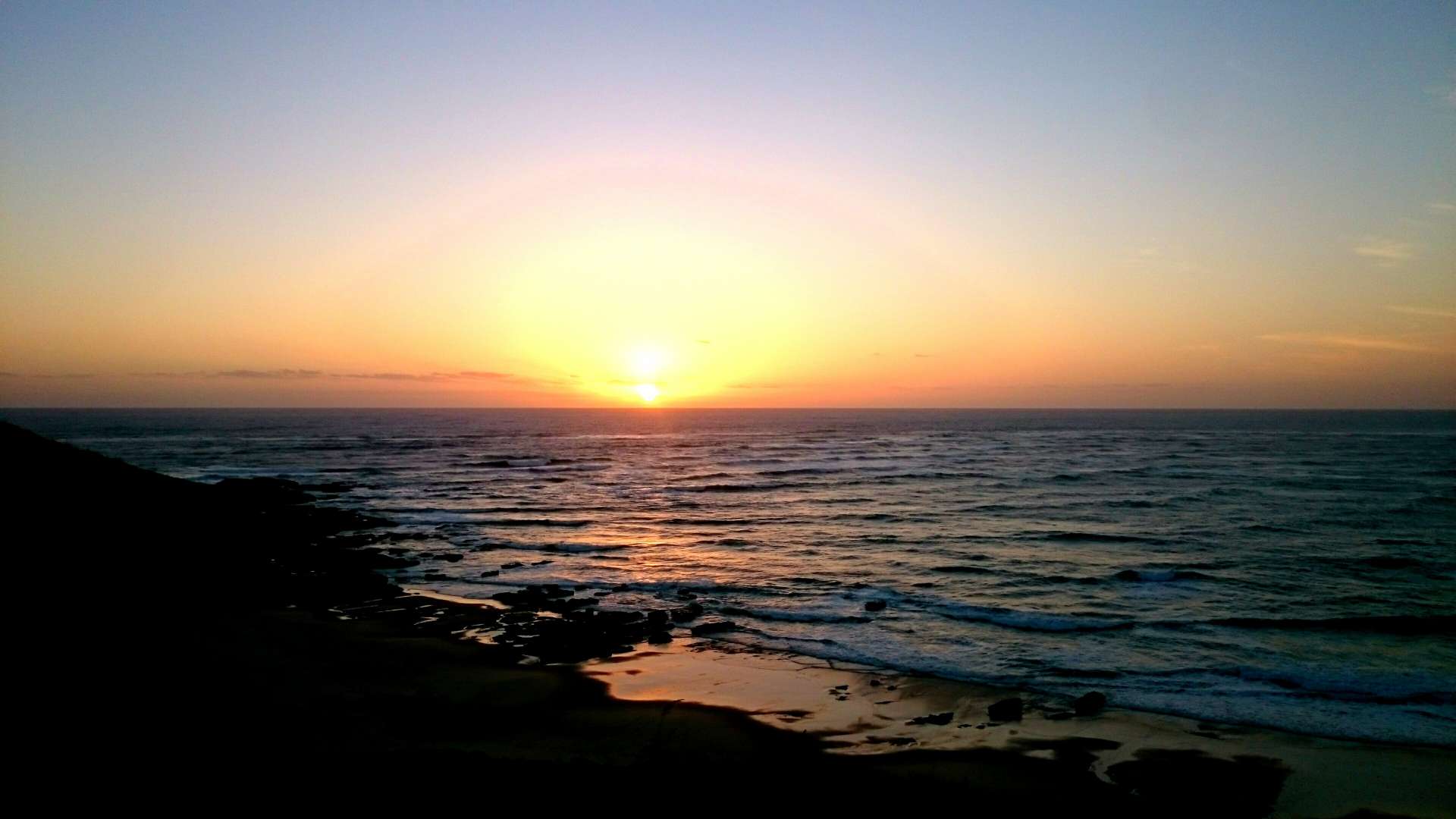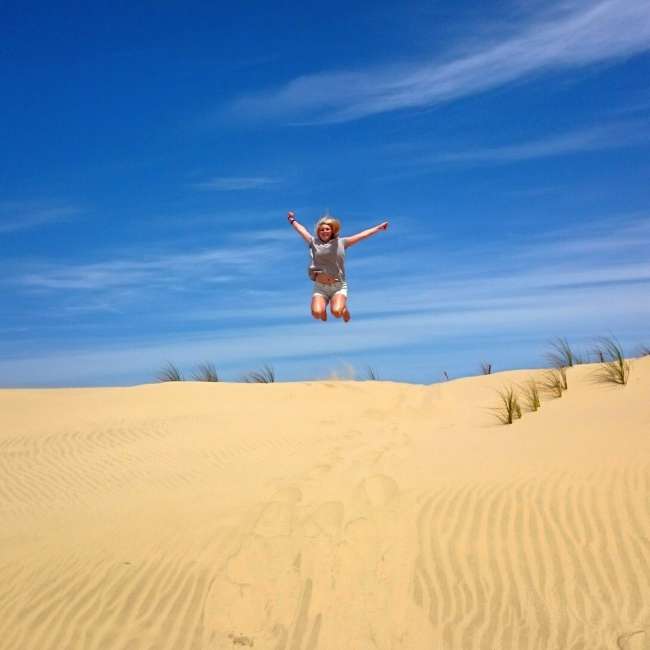Roadtrip North Island
Whakaputaina: 11.01.2017
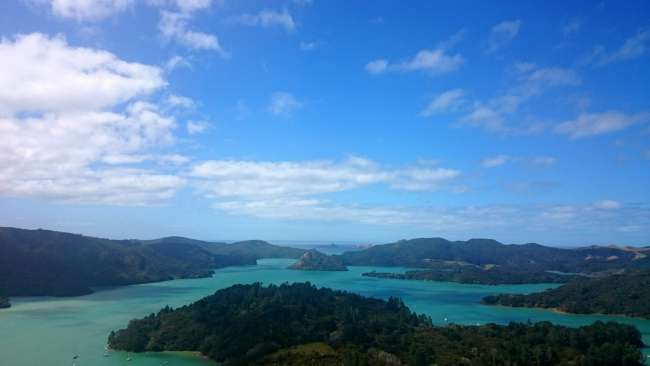
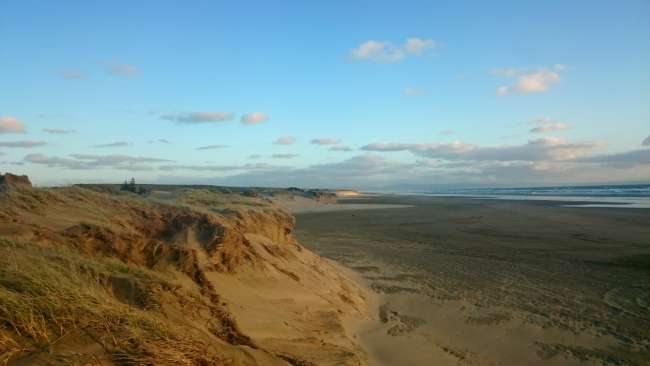
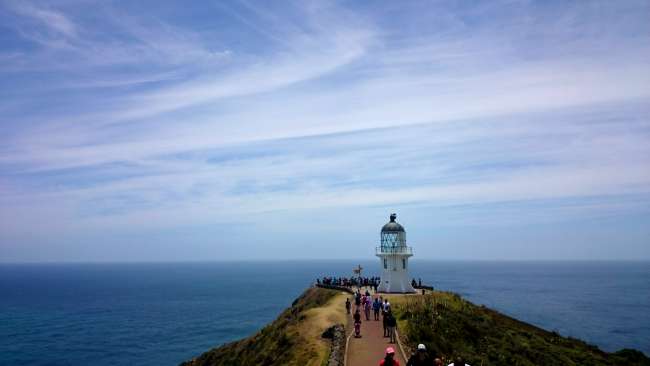
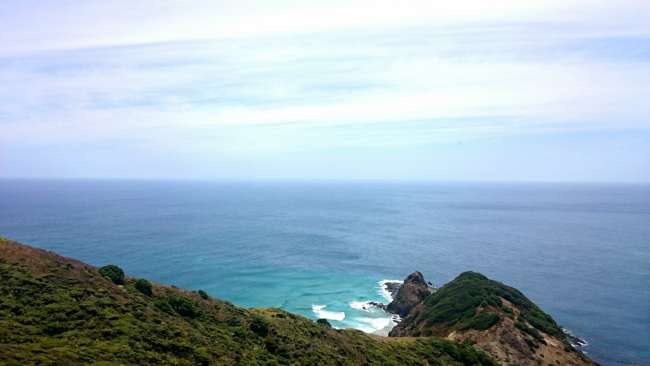
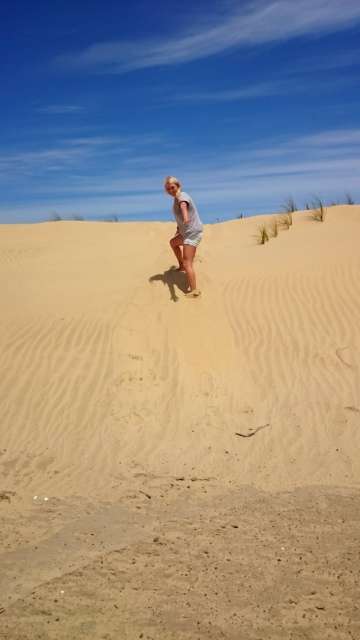
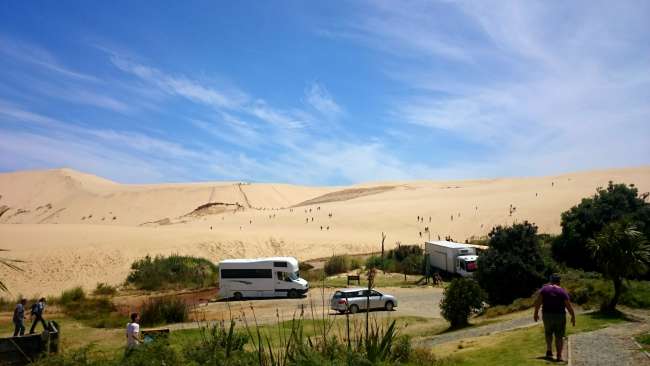
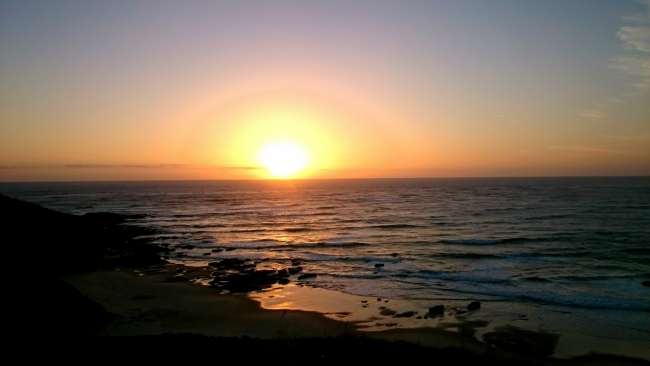
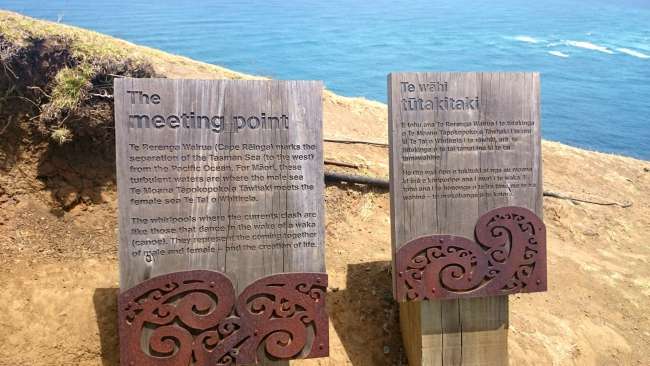
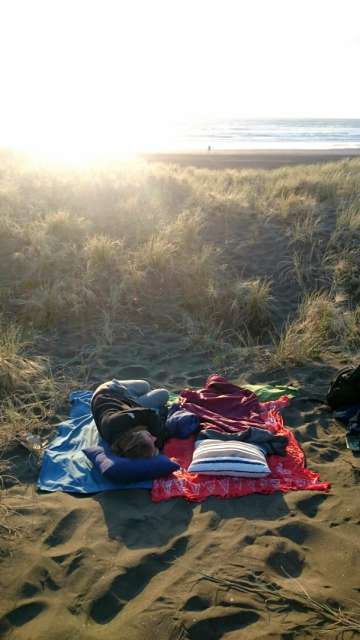
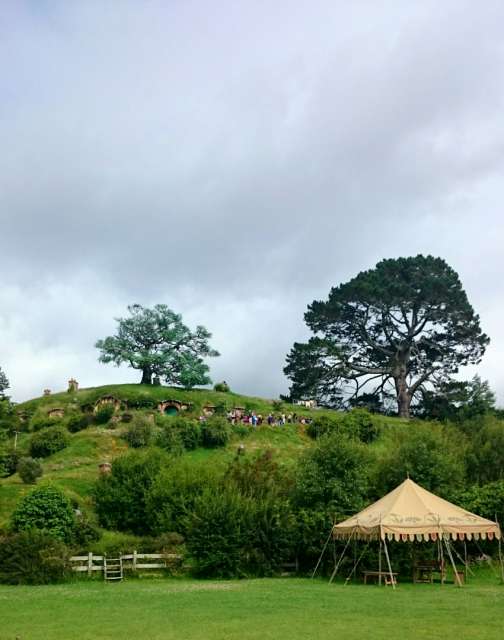
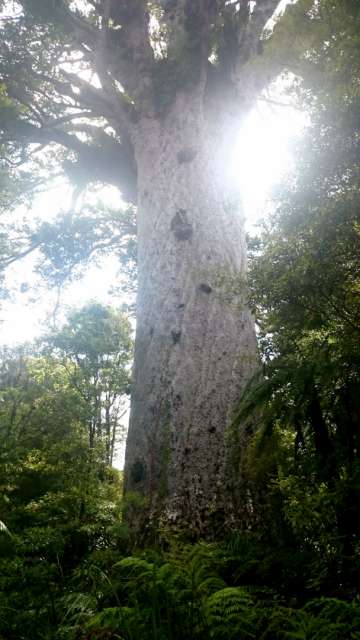
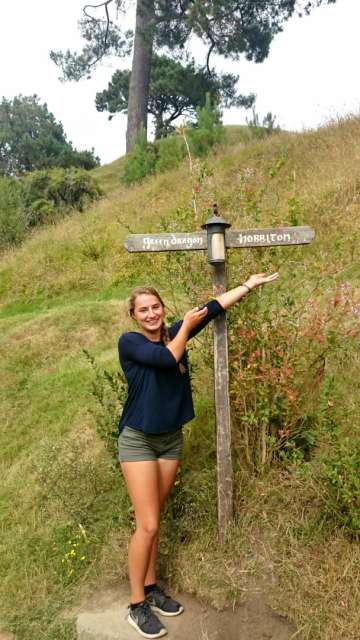
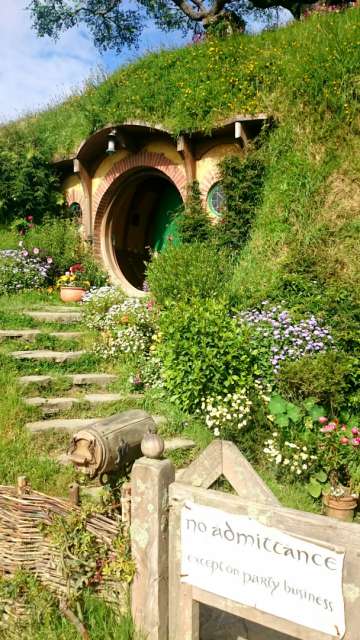
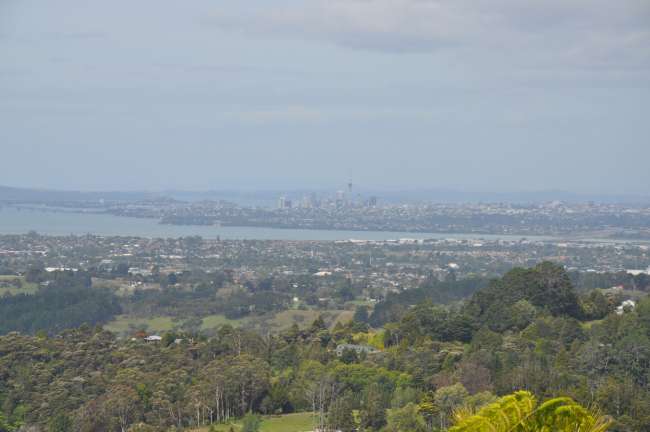
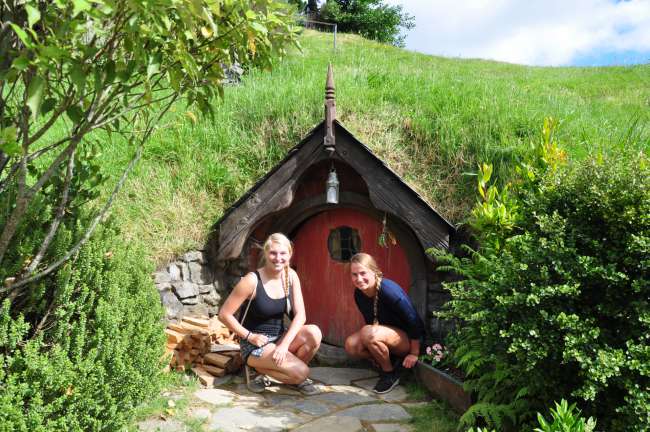
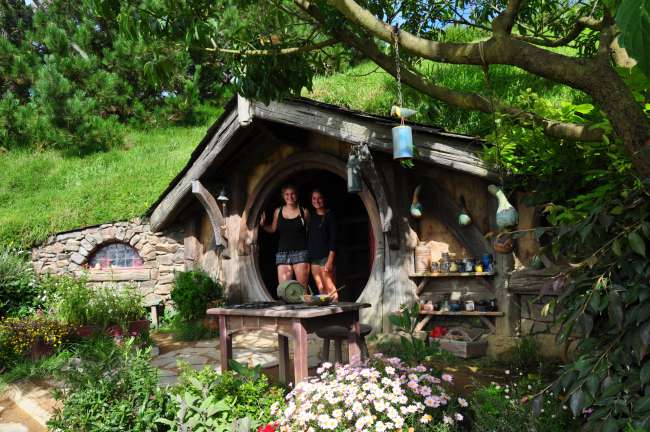
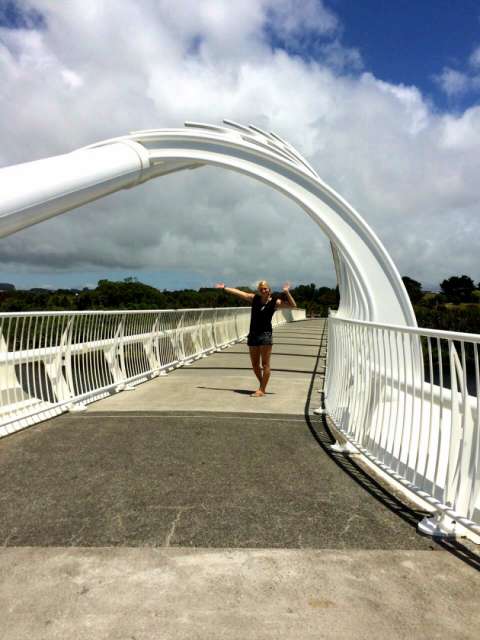
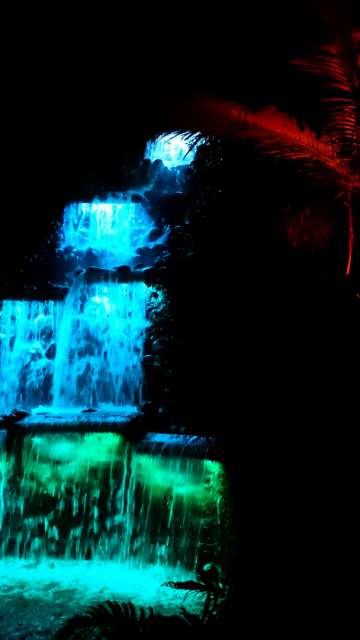
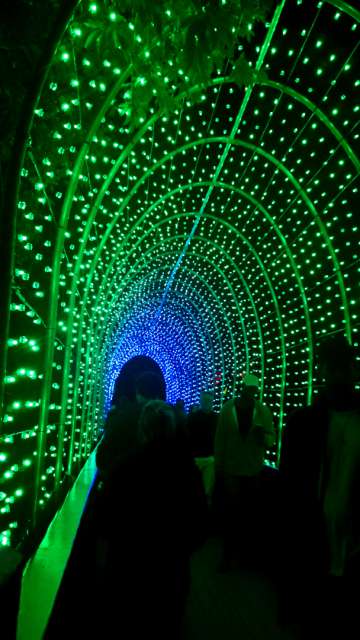
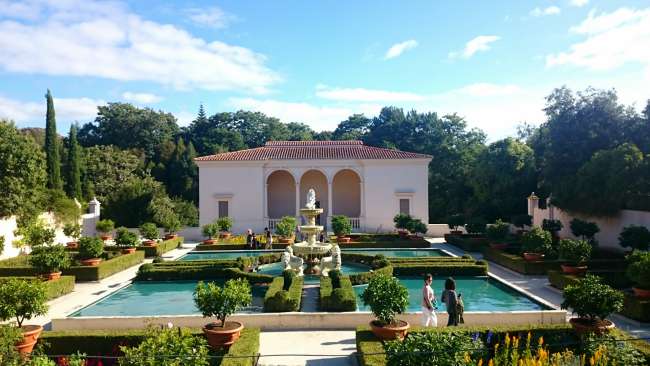
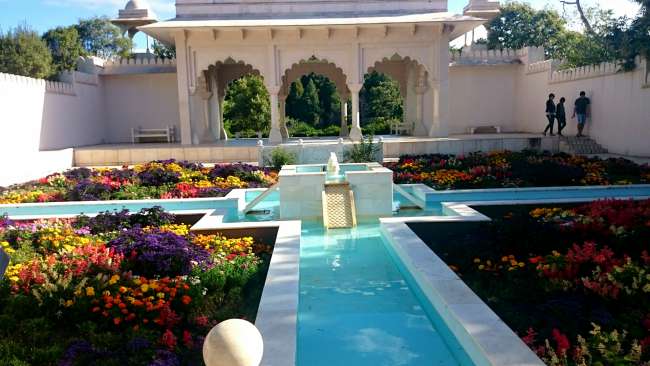
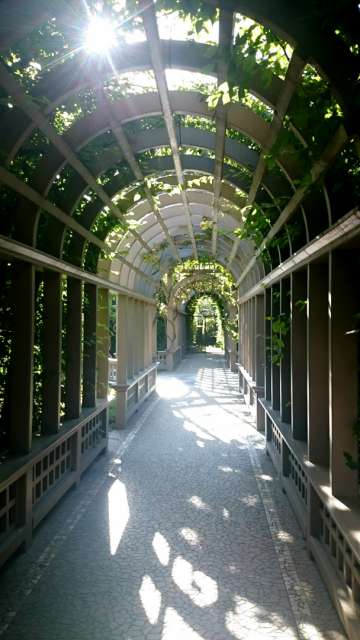
Ohauru ki te Panui
In the past 10 days, we have been to almost a different place every day and have seen so much. There was St. Paul's Rock, a beautiful viewpoint recommended by a friend, where you can be almost alone for once; 90 Mile Beach, an almost 90-kilometer long beach that turns into a road during low tide; Piha, a black beach near Auckland where we slept on the beach because camping was prohibited in all parking lots; Hamilton Gardens, an incredibly beautiful park that has transformed the former rubbish dump of Hamilton into a colorful paradise; and the largest Kauri tree in New Zealand, which is truly impressive with its 51.5 meters in height and 2000 years of age. But that's not all, because we also went to Cape Reinga and Hobbiton, and have been wwoofing in New Plymouth for a few days now.
The night before we wanted to go to Cape Reinga, we slept at a campground on 90 Mile Beach, which could only be reached via a 10-kilometer gravel road. The owner was incredibly kind and since some guests had made too much food, we had something different than noodles with sauce. The next morning, we took advantage of the warm and unlimited shower, which has become a rarity for us during our road trip, before finally setting off. Cape Reinga is not only the most northerly point of New Zealand, but also the point where the Tasman Sea and the Pacific Ocean meet, and you can actually see it, as the Pacific meets the dark and relatively calm turquoise Tasman Sea. Afterwards, we briefly visited the giant sand dunes at 90 Mile Beach, but unfortunately we didn't have a sandboard, so we couldn't surf down them, but they are still impressive and make you feel like you're in the desert.
After a few small stops mentioned above, we arrived in Matamata, where our tour of the Shire began. We were taken to Alexander Farm by bus and a short film told us about Peter Jackson's discovery of this farm and how he decided it would be the perfect filming location. Actually, he wanted to use several farms and only shoot one scene at each, but when he saw Alexander Farm, it was exactly how he imagined Hobbiton, so he canceled all the other farmers. Hobbiton was dismantled after filming The Lord of the Rings trilogy and was rebuilt for The Hobbit, and it is actually exactly as you imagine it and see it in the movies. Our guide Rachel told us a lot about how the film was faked or what is fake, and it's not the things you might initially think, because all the vegetables in the vegetable garden are real, the only exception being the potatoes. For example, there are two types of hobbit holes, the large ones are for making hobbits appear smaller, and the small ones are for making Gandalf appear larger. And of course, there are many things that are fake, such as the tree above Bilbo's hobbit hole, which is one of the most expensive props ever created for a film and took 3 months to make, but only appears in the film for 20 seconds. Equally unnecessary, at least in my opinion, is that they planted apple trees because the plum trees would have grown too big, and then they removed all the leaves from these trees and stuck on fake plums and plum leaves, just because the book says in one sentence: 'and the children played under the plum trees'. And you can guess how long you see these trees in the film - exactly 6 seconds. But there are also some things that are not faked at all, because they happened unintentionally. For example, Gandalf hits his head in Bilbo's house and you can see that it really hurt. Another example is Pippin's very girly scream when the fireworks start at Bilbo's 111th birthday, because Peter Jackson simply didn't tell his actors anything about it, and so this actor was really frightened. During this tour, you really learn a lot about the movies, and I think next time I watch them, I will pay special attention to such small details.
Since Sunday evening, we have been in New Plymouth, where we are wwoofing with a nice man for a few days. He has a huge property with a pool and many fruit trees, as well as a large vegetable garden, which we really enjoy because the prices for these things are usually very high in supermarkets. We have done some typical tourist activities, such as the Coastal Walkway, the Art Gallery, and the Museum, and we went to the Festival of Lights, which takes place every January and lasts for a whole month. Lights are attached to the trees throughout a park and there are concerts. Unfortunately, we probably won't have time to visit Mount Taranaki anymore, as we have to move on tomorrow, because our ferry leaves in just a week and we also want to enjoy Wellington.
Ohauru ki te Panui
Whakautu
